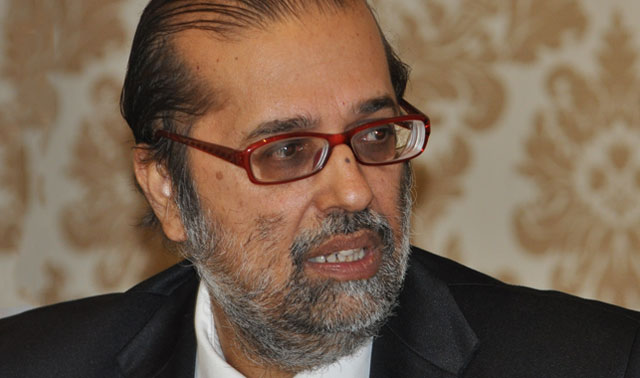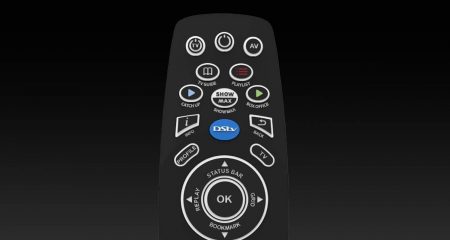
MultiChoice has upped the ante further with communications minister Yunus Carrim over government’s policy on the use of encryption in digital terrestrial television. In a statement, it has accused the minister of not telling the truth when he claimed that MultiChoice and its partners were misrepresenting the situation.
Tensions between the pay-television operator, which owns DStv, M-Net and SuperSport, have been rising since the weekend when it published an open letter to Carrim in Sunday newspapers in which it accused him of advancing the “narrow commercial interests” of “certain” broadcasters, in a clear reference to rival e.tv.
Carrim hit back, labelling MultiChoice a bullying monopoly and saying the letter was “astonishingly inaccurate” and served to “substantially weaken the case of those opposed to the government’s policy”.
MultiChoice and e.tv are engaged in a high-stakes war over whether the set-top boxes that consumers will need to watch digital television when the country switches off analogue broadcasts should contain a control system based on encryption technology. Carrim has been trying to reach a compromise agreement between the warring parties, but that now appears impossible.
MultiChoice now says it is “extremely disappointed at the response to date” by Carrim to efforts by it and by “black-owned electronics companies and the community TV sector to raise public awareness about the negative impact of the department of communications’ digital migration policy on the poor”.
“We urge him to put the interests of consumers first,” MultiChoice’s statement says.
“Over the past few days, the minister has accused MultiChoice, Namec [the National Association of Manufacturers in Electronic Components] and the community TV sector of ‘misrepresenting’ the situation. Nothing could be further from the truth,” MultiChoice says.
“MultiChoice, the SABC, the community television sector and Namec are all on record in support of the ‘unencrypted’ set box option because of its multiple benefits to South African television viewers.
“The minister has disregarded all our voices and attempted to deny anyone but himself the opportunity to speak for millions of South African television viewers.
“Rather than engage with the merits of the debate, the minister has chosen to divert attention by questioning the position that MultiChoice occupies as a significant contributor to the broadcasting industry, and the South African economy in general.
“We have to ask why. If South African consumers don’t matter, who does?” the statement continues.
“It is clear that, like everywhere else in the world, an unencrypted option is not only the best low-cost option in terms of initial outlay, but is cheaper in terms of ongoing costs to consumers.
“Tagging those who choose to differ from him as ‘bullies’ does not contribute to a solution that is in the best interests of South African television consumers.
“We remain open to constructive engagement on this matter, but believe the minister is ill advised. We, however, welcome the minister’s comments that he remains open to dialogue.” — (c) 2014 NewsCentral Media




